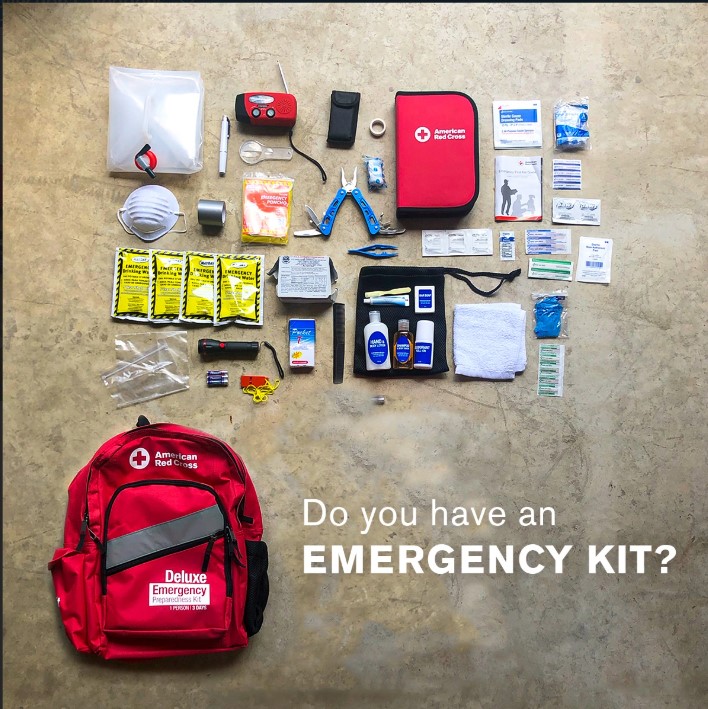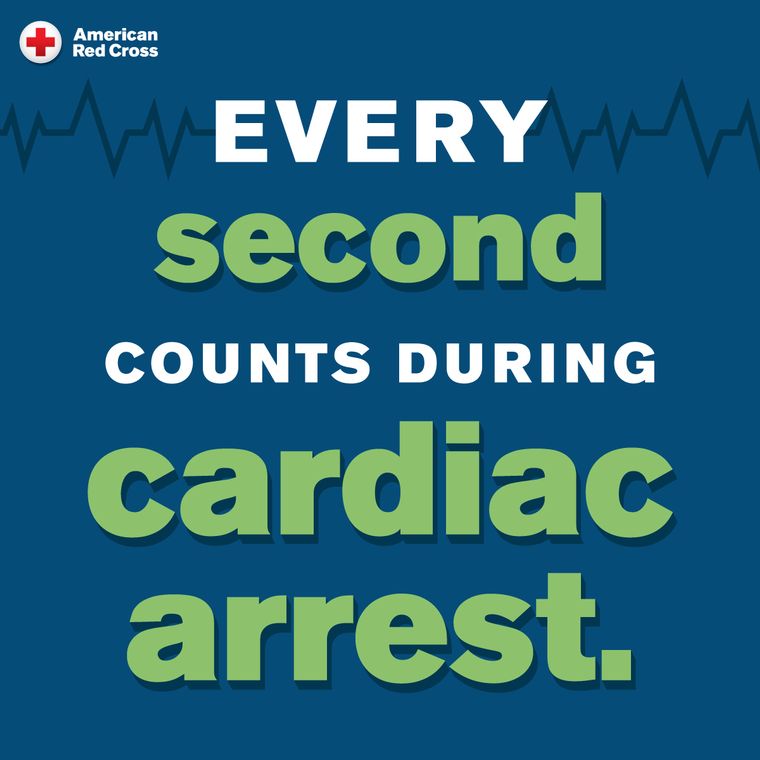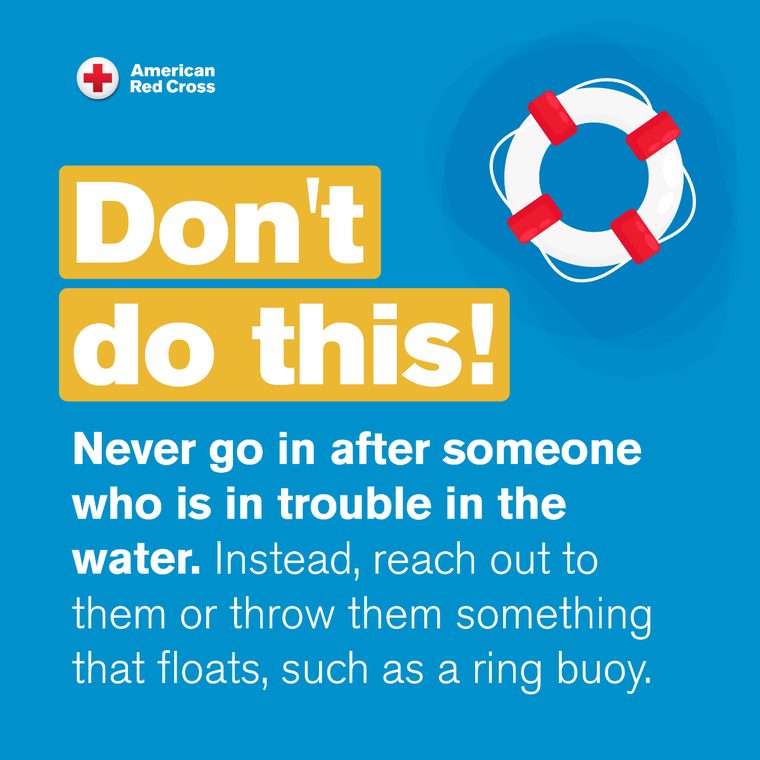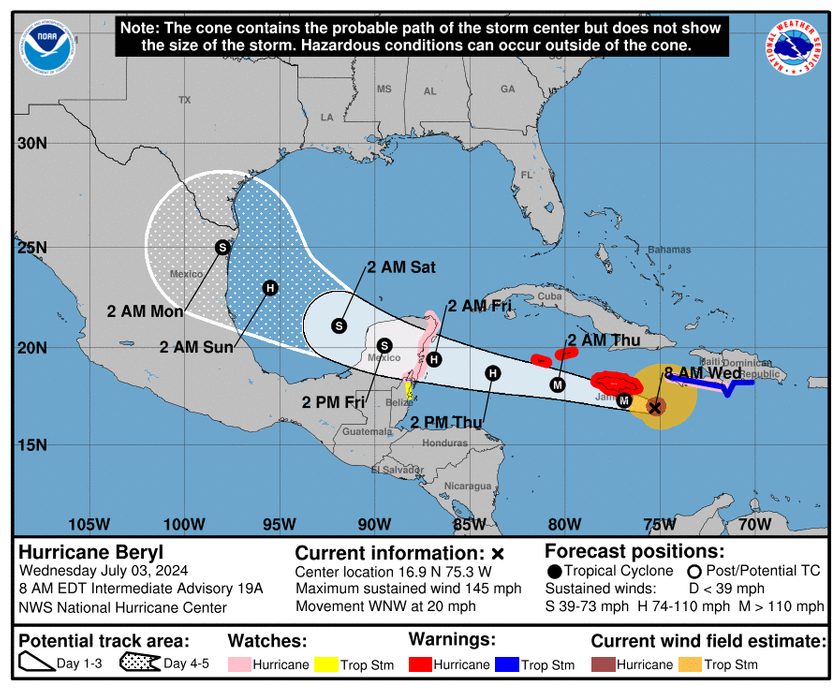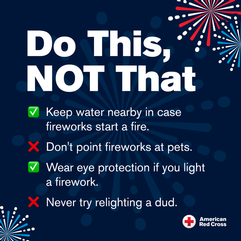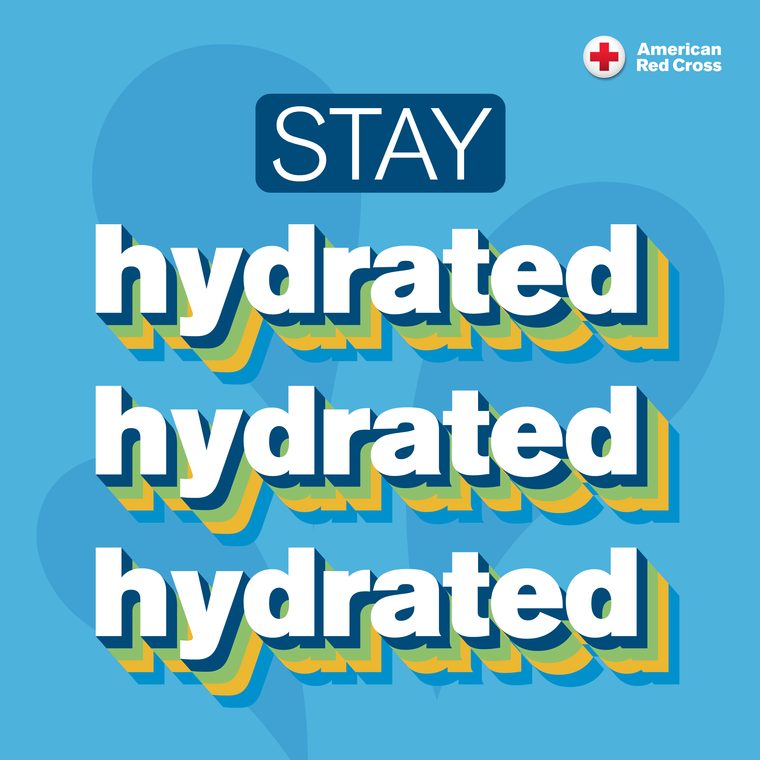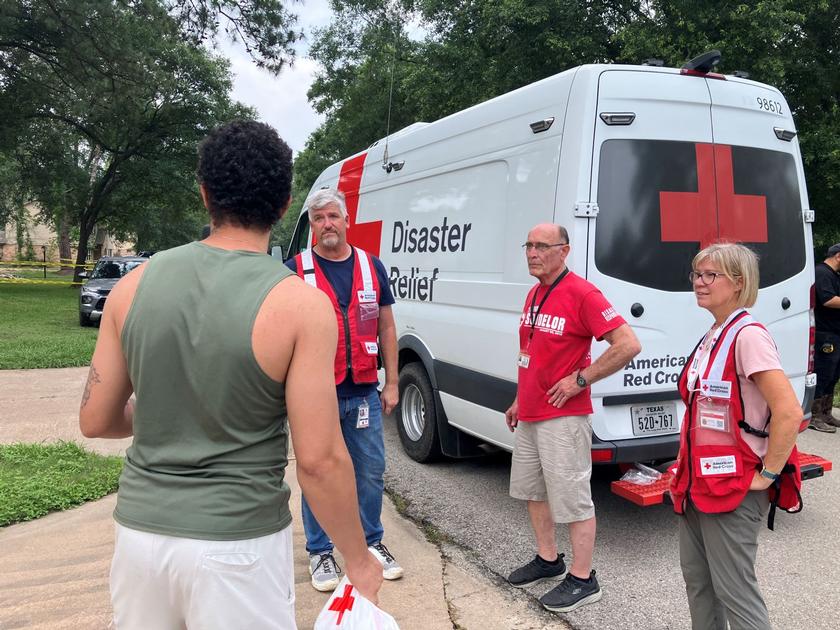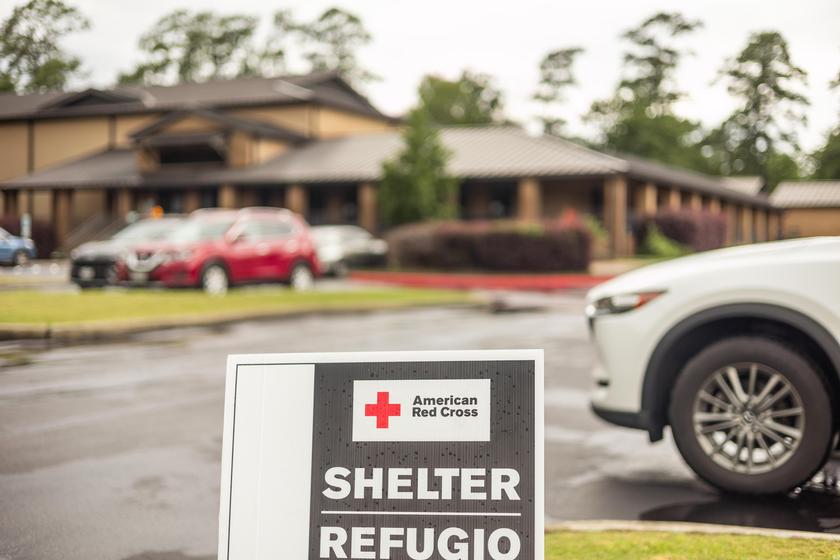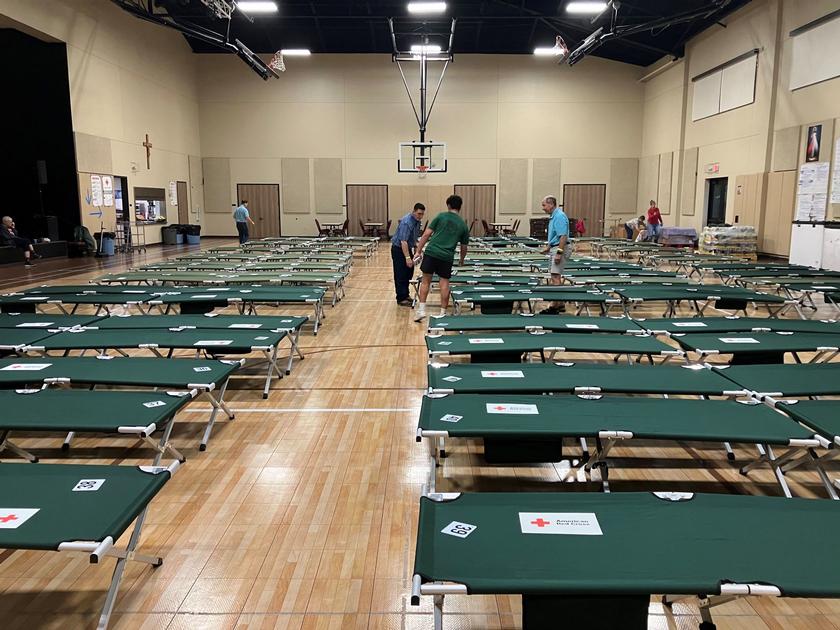- Sections :
- Crime & Public Safety
- Restaurants & Food
- Sports
- More
Categories
Red Cross has safety reminders during a power outage
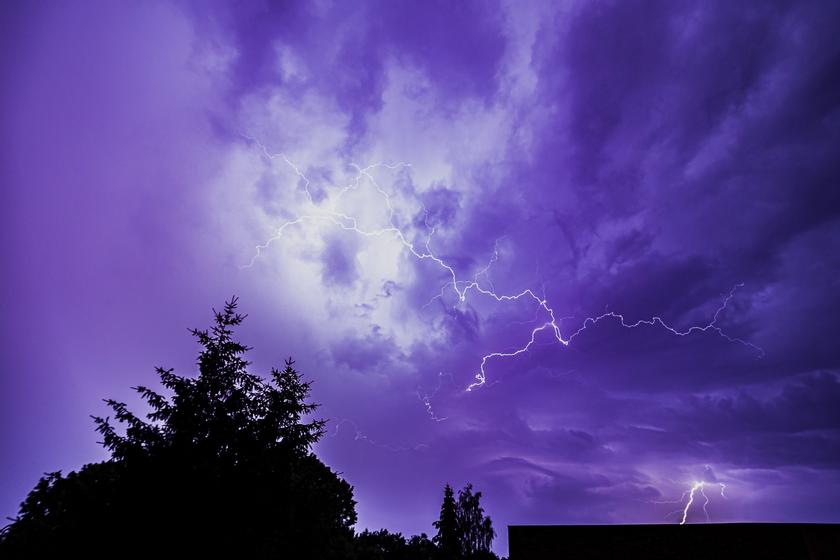
THE WOODLANDS, TX – Many residents are experiencing a power outage as the storms and tornado brought in strong winds and heavy rain across many portions of our state.
Below are some tips on staying safe during and after a power outage. We recommend everyone keep these tips handy throughout hurricane season and beyond.
During a Power Outage
Staying Safe Indoors
- Use flashlights in the dark, not candles.
- Eliminate unnecessary travel, especially by car. Traffic lights will be out, and roads will be congested.
- If you are using a generator, be sure you understand the risks of carbon monoxide poisoning and how to use generators safely. Never operate a generator inside homes, garages, basements, crawl spaces, sheds or other partially enclosed spaces, even if using a fan or opening doors and windows. Carbon Monoxide (CO) can quickly build up in these spaces and linger for hours after a generator is shut down. Place your generator outside, well away
Food Safety
- Keep refrigerator and freezer doors closed as much as possible. An unopened refrigerator will keep foods cold for about 4 hours. A full freezer will keep the temperature for about 48 hours (24 hours if it is half full) if the door remains closed.
- First use perishable food from the refrigerator. Perishables should have a temperature of 40 degrees Fahrenheit (4 degrees Celsius) or below to be safe to eat. Then use food from the freezer.
- Use your non-perishable foods and staples after using food from the refrigerator and freezer.
- If it looks like the power outage will continue beyond a day, prepare a cooler with ice for your freezer items.
- Keep food in a dry, cool spot and keep it covered at all times.
Electrical Equipment
- Turn off and unplug all unnecessary electrical equipment, including sensitive electronics.
- Turn off or disconnect any appliances (like stoves), equipment or electronics you were using when the power went out. When power comes back on, surges or spikes can damage equipment.
- Leave one light turned on so you’ll know when the power comes back on.
How to use a generator safely
- Install carbon monoxide alarms in central locations on every floor of your home and near sleeping areas.
- If a carbon monoxide alarm sounds, move quickly to a fresh air location outdoors, by an open window or by an open door. Call for help from your fresh air spot, and remain there until emergency personnel arrive.
- Opening doors and windows or using fans will not prevent carbon monoxide buildup in the home. Carbon monoxide can't be seen or smelled, but it can rapidly lead to full incapacitation and death. If you start to feel sick, dizzy, or weak while using a generator, get to fresh air RIGHT AWAY - DO NOT DELAY.
- Never use a generator inside a home, garage, basement or any partially enclosed area. Locate the unit away from doors, windows and vents that could allow carbon monoxide to come indoors.
- Do not connect a portable generator to a home’s electrical system. Connect the equipment you want to power directly to outlets on the generator.
- If your generator does not produce adequate power for all your needs, plan to stagger the operating times for various equipment.
- Always read and follow the generator manufacturer’s operating instructions.
- Allow a hot engine to cool for at least 2 minutes before removing the gas cap and refueling to avoid fires.
- Allow at least 5 feet of clearance around a running generator to avoid injury or property damage.
- Do not run your generator in the rain or wet conditions. Do not touch the generator with wet hands.
- Use only outdoor-rated power cords.
- Do not store gasoline indoors. Store fuel in an approved safety can.
- Plug appliances directly into the generator or use a heavy-duty outdoor-rated extension cord that is rated (in watts or amps) to at least equal the sum of the appliance loads.
After a Power Outage
Staying Safe After a Power Outage
- If electrical power lines are down, don’t touch them. Keep your family and pets away. Report downed lines to your utility company.
- Throw Out Unsafe Food
- Throw away any food (particularly meat, poultry, fish, eggs and leftovers) that has been exposed to temperatures higher than 40° F (4° C) for 2 hours or more, or that has an unusual odor, color or texture. When in doubt, throw it out!
- Never taste food or rely on appearance or odor to determine its safety. Some foods may look and smell fine, but if they have been at room temperature too long, bacteria causing food-borne illnesses can start growing quickly. Some types of bacteria produce toxins that cannot be destroyed by cooking.
- If you are not sure food is cold enough, take its temperature with a food thermometer.
- If food in the freezer is colder than 40° F and has ice crystals on it, you can refreeze it.
For more information on storm preparedness, visit www.redcross.org. Spanish language information is available at www.cruzrojaamericana.org.
Comments •

